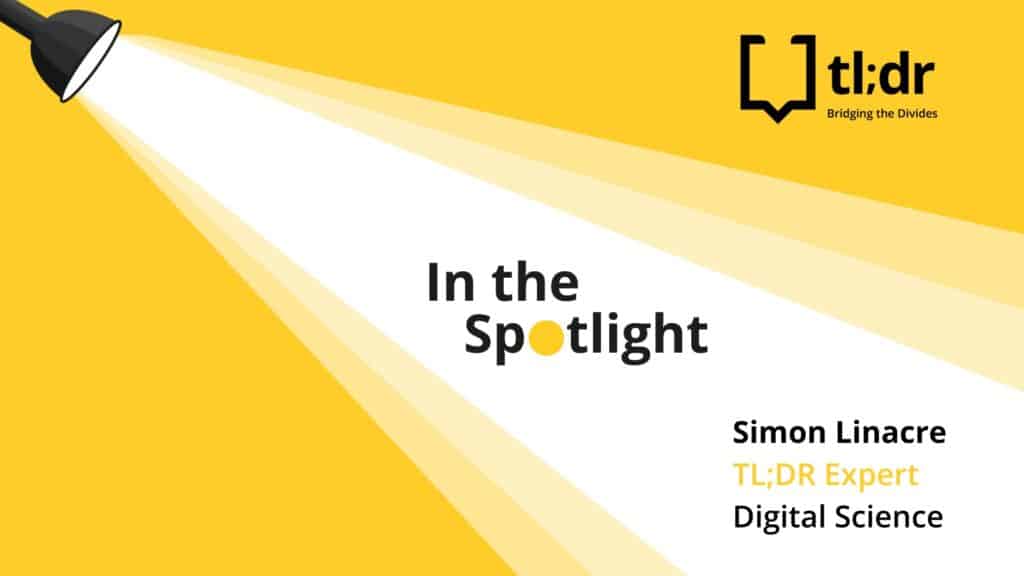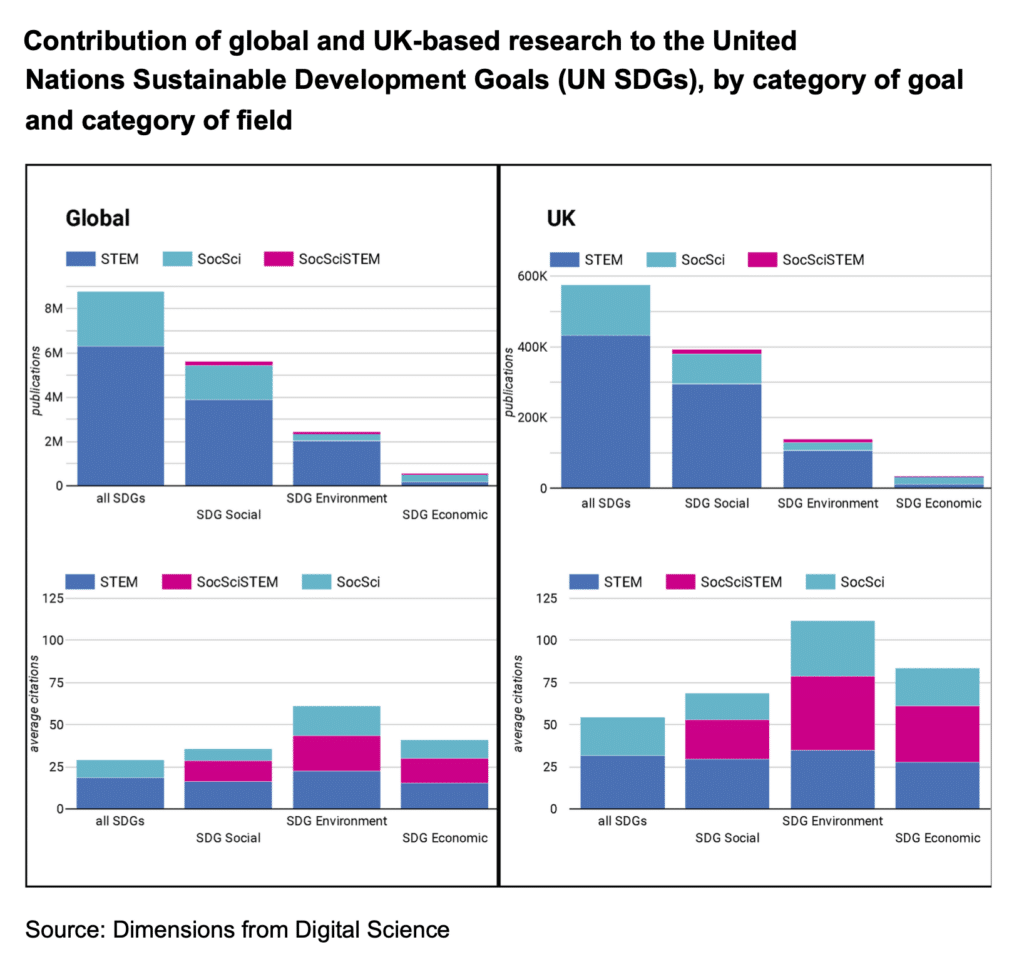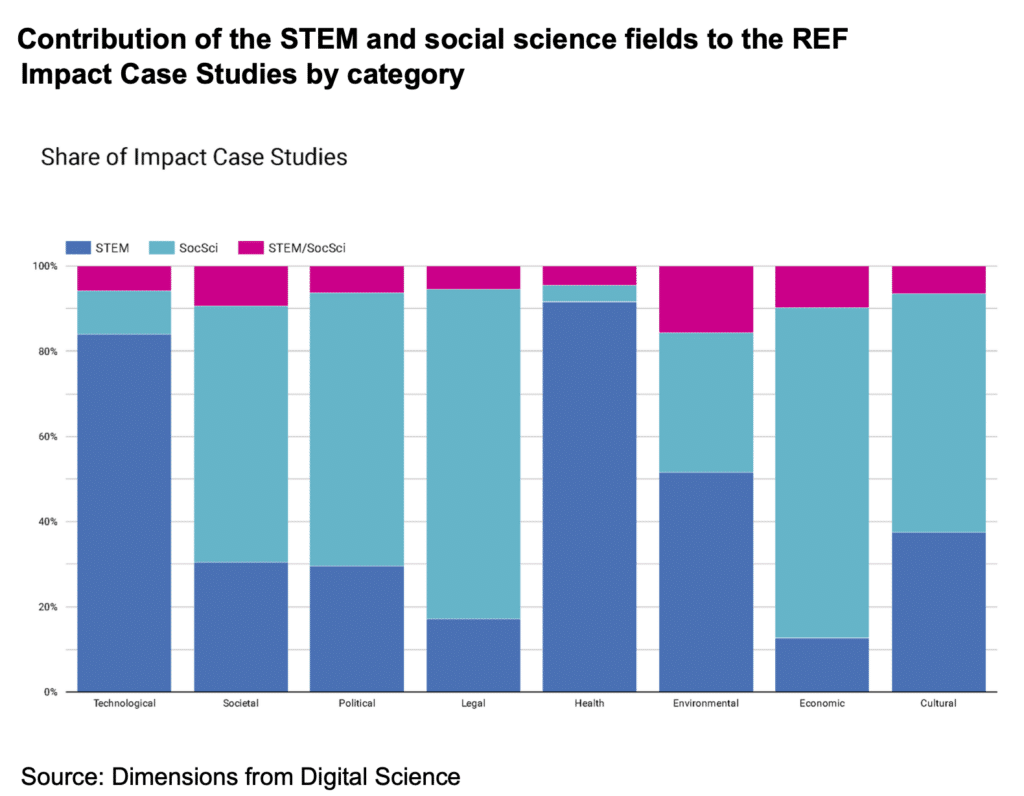
In this week’s fourth Spotlight on the value of social science research, we assess the final ingredient to improve UK research and innovation: why social sciences are essential to international collaboration and tackling shared global challenges.
The focus of the Academy of Social Sciences (AcSS) report Reimagining the Recipe for Research & Innovation has understandably been parochial in nature, based as it is in the UK and tackling some of the unique challenges faced by researchers operating in the UK. However, the final piece in the AcSS jigsaw in its argument for using social sciences to support STEM research looks further afield, and analyzes how social science research in general can improve collaboration and societal problems on a global scale.
There are a couple of sound contextual reasons why this argument has a strong base. Firstly, as the UK is home to some of the most highly regarded research institutions, it is well placed to offer some guidance on this aspect of research. And perhaps most importantly, with the UK having benefited from some of the more progressive higher education policies in the shape of its Research Excellence Framework (REF) and early adoption of Open Access mandates, it can offer some leadership in making recommendations for future research strategy.
Covid insights
In the AcSS report, its authors – which include Dr Juergen Wastl and Kathryn Weber-Boer from Digital Science – identify the fourth and final ingredient specifically as the ability of social sciences to enable progress through international collaboration and meeting global challenges. No global challenge has been greater in recent times than the Covid-19 pandemic, and using this example, the authors show how insights from both STEM and social science research were necessary to successfully fight the spread and control of the disease.
We see some specific examples of this in the case study below, but to further illustrate the important role social sciences have played, the report looks at how research in all areas has supported the United Nations Sustainable Development Goals (SDGs). Looking at how both UK researchers and those internationally have focused on these global challenges, the authors used Dimensions to identify some interesting trends (see Figure 1). For example:
- The volume of publications is greater – and the average number of citations lower – for ‘social’ SDGs when compared with the ‘economic’ and ‘environmental’ SDGs, across all of the datasets
- For UK-authored papers, about a quarter of SDG-related publications are in the social sciences – either uniquely or in collaboration with STEM colleagues – and some three-quarters are in the STEM area
- Within each of the three main subdivisions – STEM, social science and STEM/social science – UK-authored publications have much greater citation rates than the average globally
- The biggest increase in citation rates – compared with the global average – for UK-authored papers is around double in many cases
- Collaborative studies across social science and STEM account for a minority of publications however they are among the most cited research.

Impact of impact
Perhaps one of the more remarkable findings in the AcSS study is that, when analyzing the impact studies that form part of the UK’s REF program in 2021 – where universities present the wider impacts their research has had – the social sciences show a greater contribution in most of the eight categories they are broken down into. While STEM leads in Health and Technology as one might expect, social sciences lead in Societal and Economic impacts.

No global challenge has been greater in recent times than the Covid-19 pandemic… insights from both STEM and social science research were necessary to successfully fight the spread and control of the disease.

Case study
The case study used to illustrate the influence of the social sciences in the AcSS report concerns the Covid-19 pandemic and how social sciences – not on their own and in collaboration with STEM research – helped the government and health services navigate through one of the world’s most challenging episodes.
One article they cite, published in Nature Human Behaviour in April 2020, was an early attempt by a large group of scholars to share not only their collective insights in order to enable a more effective response to the pandemic, but the gaps that were evident and needed to be filled. This collaborative response to the pandemic included advice on influencing credible community sources of information and advice on how to frame public health messaging.
The pioneering work on drug discovery obviously played a huge part in overcoming Covid-19, but much of that great work might have been wasted had social science research not played its part in how vaccines were deployed. When we look back on this and the other three ingredients – enabling whole systems thinking, critical for good policy development and underpinning smart and responsible innovation – the Covid example is emblematic of the value that social sciences can bring. Important on their own, but vital when plugged into STEM research, collaboration and solving some of the world’s most pressing problems.
It is this collaborative approach between the social sciences and STEM research that has been one of the key aspects of the Spotlight series. From the first Spotlight on seeing a more complete picture from whole systems thinking, through to effective policy making and responsible innovation, it has been notable not so much what value can be brought through collaboration between social sciences and STEM, but what can also be lost when they don’t work in harmony. Hopefully this series and the AcSS report it has highlighted can ensure fewer wasted opportunities to make a difference in the future.
Next Time
We will continue our Spotlight series next month, so please watch out for more details on Digital Science’s LinkedIn and Twitter/X accounts – as well as right here on TL;DR.





























